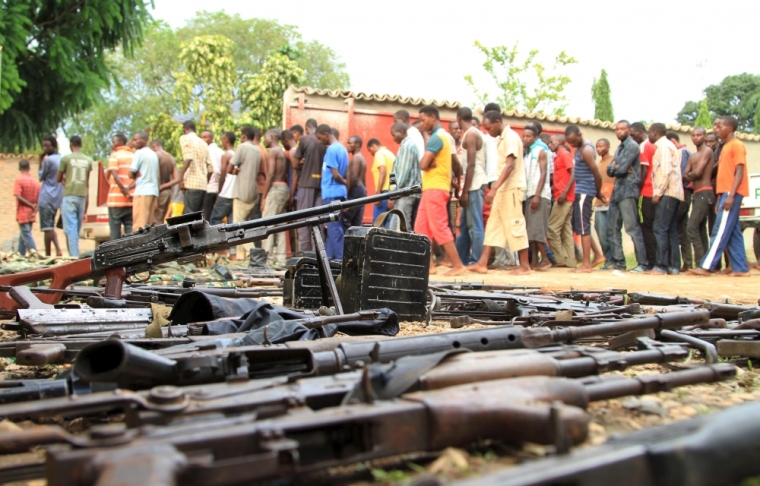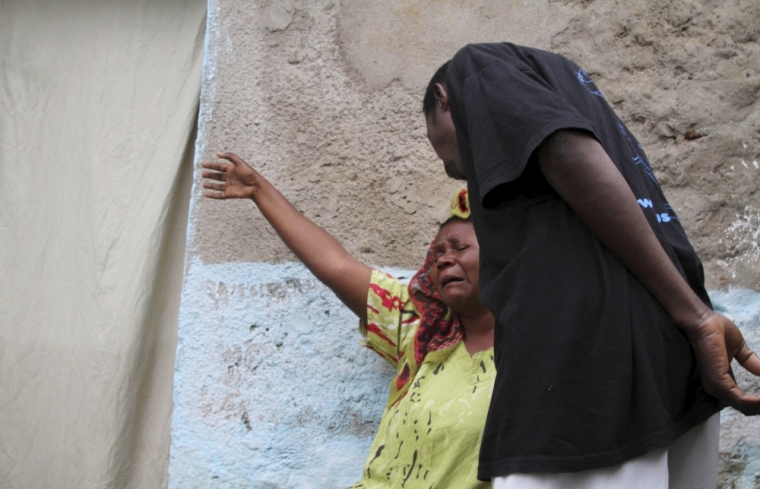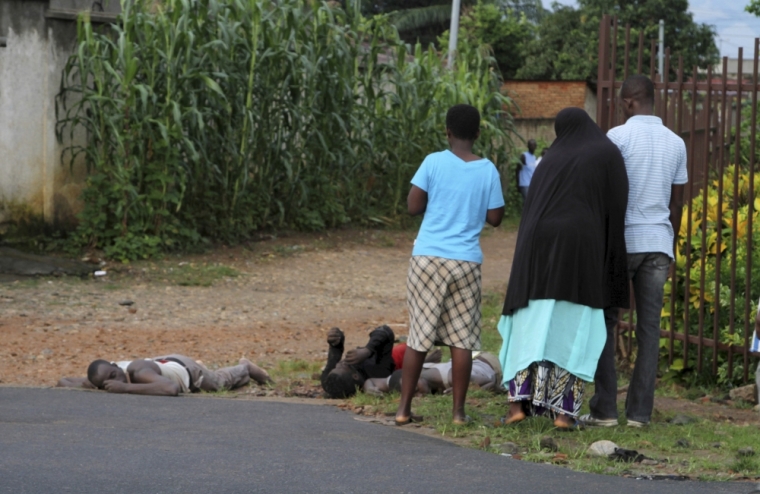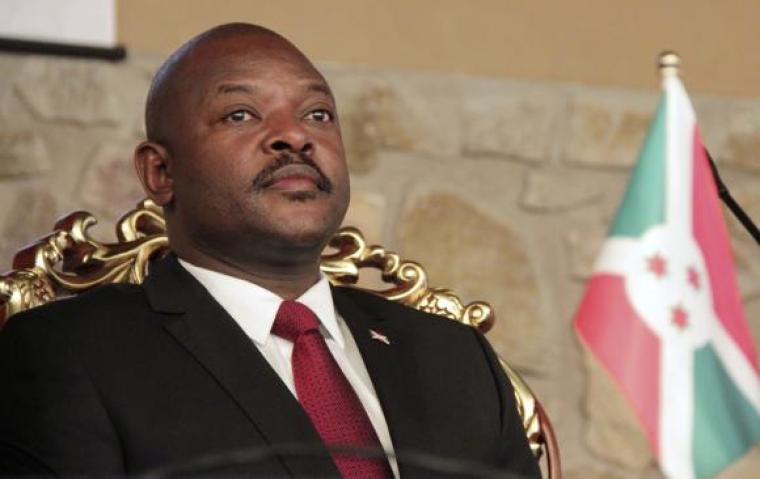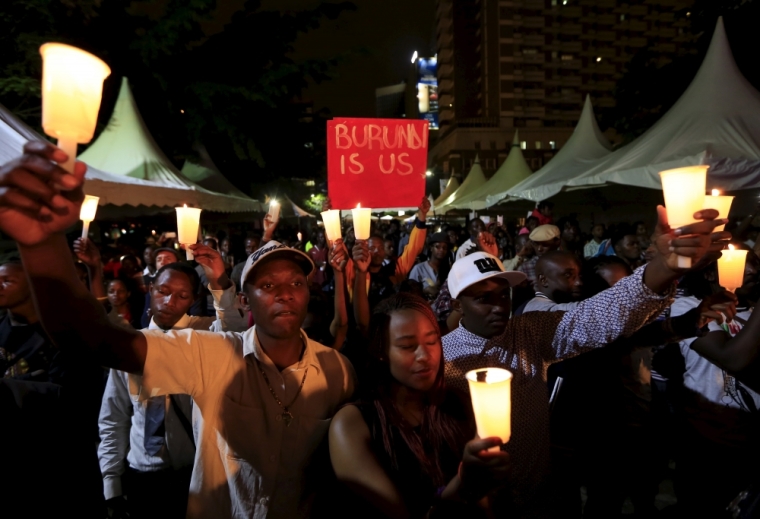Burundi Sees 'Single Most Deadly Day' in Violent Attacks by Gov't Forces, Amnesty Says
Burundi's security forces systematically killed dozens of people, including children and most of them extrajudicially, in so-called political opposition neighborhoods in the capital city of Bujumbura this month, Amnesty International says in a briefing, calling for "urgent and impartial investigation."
"In the single most deadly day since the current political unrest began, the streets of Bujumbura were left littered with bodies, many shot with a single bullet to the head. At least one body was found tied up," says Muthoni Wanyeki, the group's regional director for East Africa, the Horn and the Great Lakes, in the briefing.
Security personnel killed at least 87 people after assailants attacked three army installations on Dec. 11, according to Al Jazeera.
Violence comes as President Pierre Nkurunziza, who is a Christian, struggles to remain in power for a disputed third term, which began in July. In May, a coup attempt against him occurred while he was out of the country. At least 100 peple have died in protests against his rule.
Army spokesman Colonel Gaspard Baratuza told AFP after this month's violence that the dead included a few security officers.
"The final toll of the attacks … is 79 enemies killed, 45 captured and 97 weapons seized, and on our side eight soldiers and policemen were killed and 21 wounded," Baratuza was quoted as saying.
"The security forces' violent tactics that day represented a dramatic escalation in scale and intensity from previous operations," Wanyeki says. "Men were dragged out of their homes and shot at close range, while others were shot the instant their doors were opened."
Police began cordon-and-search operations, during which the officers came under fire from armed youth. In response, they went from house to house looting homes and arbitrarily arresting people and killing dozens of others, Amnesty says.
In the neighbourhood of Nyakabiga, residents saw the bodies of at least 21 men in streets, homes and drainage ditches. Researchers found large pools of blood where some of the victims had been killed, the group says.
The dead included a disabled man, a teenage egg seller, a domestic worker, a teacher and a man who sold mobile phones, according to the briefing. Many victims were children, including a 15-year-old boy who was shot in the head as he ran to take refuge in an outhouse.
To characterize the dead as "enemies" suggests that they were political opposition fighters — a claim that is clearly untrue for many of those who were killed, the briefing says, adding, however, that some may have participated in the attack on the military installations or fought the security forces within residential neighbourhoods.
The Burundian authorities appear to have misused legal tools to confront the challenging security situation, but they must "urgently" rein in the security forces to stop the "abusive tactics that have become their stock-in-trade," Amnesty says.
Burundi's Prosecutor General announced an investigation last week, but the team must be allowed by authorities to carry out its work in a truly independent, impartial and thorough manner, the group adds.
"These killings are a horrific illustration of the growing human rights crisis facing Burundi and the need for the region and the rest of the international community to act vigorously," Wanyeki says. "This should include supporting the urgent mission of independent experts to investigate crimes under international law and human rights violations as soon as possible."
Urgent action is needed to end the increasing bloodshed and protect the rights of all Burundians, he adds. "There must be an urgent and impartial investigation into the actions of the police on Dec. 11 and other incidents. All those suspected of criminal responsibility for these heinous crimes must be held to account before an ordinary civilian court."










